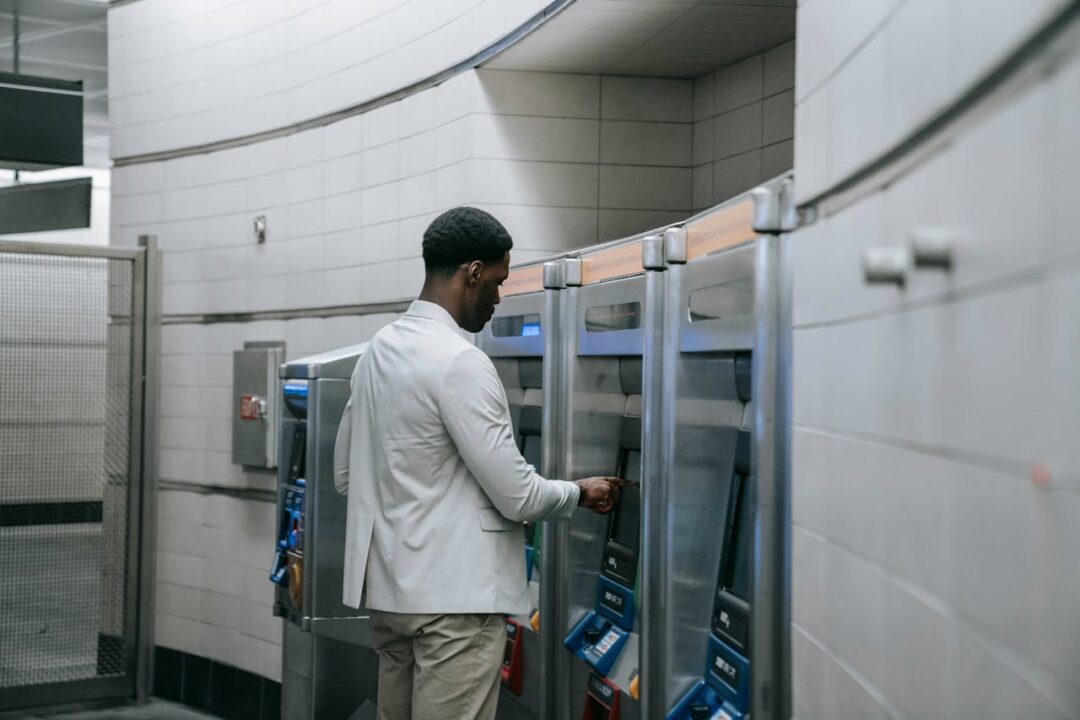Exhibitors at the European Mobility Exhibition in Strasbourg from 1 to 3 October 2024 will be presenting innovations designed to facilitate and improve network management and operations. Solutions range from open data to analysis of passenger numbers and traffic via payment systems and green travelcards.
The ultimate aim is to do a better job of meeting passenger expectations! 💪

The best possible transport network
Good transport offerings require detailed knowledge of passenger journeys; Flowly analyses origin-destination traffic patterns. The startup has developed three calculation methods:
- a reverse ticketing algorithm that uses passengers’ tap-in data to deduce an origin-destination probability that takes into account users changing lines
- patented sensors on board vehicles to log passive smartphone signals in real time
- and a blend of field surveys and sensors, rolled out with the startup’s partner Alyce.
“With a year’s worth of data logs, we can use machine learning algorithms to produce passenger traffic forecasts for any given transportation line and any given journey. We can start with as little as one month’s worth of data and then gradually refine forecasting as more data is gathered, taking into account seasonal fluctuations as we go,” explains Flowly’s founder Julien Tenenbaum. The startup’s clients include some fifty urban and intercity networks in places such as Nice, Rouen, Orléans and Le Havre.
Combining traffic pattern analysis with transport data from ITS and ticketing yields a whole host of potential applications:
- improving network productivity by adjusting line frequencies and routes on the basis of traffic levels along the entire length of the line
- advising passengers of busy periods ahead of time
- analysing fraud by comparing metering and validation data to identify lines, times and stations with the highest levels of fraud to implement more effective ticket inspections
- analysing punctuality on the basis of journey times to identify ‘black spots’
- tracking actual productivity per kilometre, and so on.
“Creating energy-based KPIs correlated with traffic on each line over the lifetime of a contract is another highly useful form of monitoring when it comes to renewing and greening your fleet,” says Julien Tenenbaum.
An offering geared to passenger needs
Identifying passengers’ travel needs allows journeys that cannot be made on public transport to be detected. viaTransit sets out to do just that using the door-to-door search requests performed by users of its MaaS app. “There are many such requests, since we’re the only provider to include regional transport services. At present, we’re carrying out the process manually, but ultimately we’re aiming to automate it using AI and produce a turnkey solution capable of revealing trends,” explains Darius Martin, co-founder and CEO of viaTransit.
In the meantime, the Montpellier-based startup is marketing a white-label national MaaS platform, mainly targeting mid-sized local authorities (populations of 10,000-200,000 such as Pays de l’Or and Sète in France’s Occitanie region) that often find themselves left behind in the digital transformation. The app bundles all modes of travel including DRT, thanks to partnerships with Padam Mobility and Simpliciti. As well route-finding, users can use the app to book and purchase tickets directly, paying from a single account set up with the startup’s partner Matawan (formerly Ubitransport). The off-the-shelf solution makes implementation and subscription cheaper, and can be deployed in under a week according to Darius Martin.
Enhanced passenger experience
Planning journeys to avoid the busiest times and places is one way of improving passenger experience.
Affluences provides a range of solutions to gauge how busy metros, trams and buses are, as well as sales outlets and infrastructures such as stations and terminals. Some eighteen months ago, the company patented its algorithmic image processing, which uses cameras and computer vision to scan trains as they leave a station. The data is then uploaded to the Cloud over a mobile phone network and sent to the next station, and can be used to control LED displays located above platform doors (as is the case in Lyon) or other types of media. The technology is designed to manage passenger traffic and ultimately, transport planning itself. “Having hardware located in stations rather than on board trains means that our solution can generate significant savings and is easier to maintain as well,” explains Affluences Business Developer Veronica Faccio. In sales outlets in Lille, Orléans and Le Mans, the firm has installed a camera linked to a PC: the AI-powered solution forecasts waiting times by monitoring how fast queues are moving. The outlet can then use this data to improve customer experience. At infrastructures like the Aix-en-Provence bus station, the solution is used to calculate the best use of stands and manage passenger traffic; the data can also be used to schedule cleaning and maintenance.
Making it easier to pay
Improving the ticket purchase and validation journey is another way of improving passenger experience and encouraging people to use public transport.
Payment service provider Worldline was the first company in France to implement Open Payment (in 2018), allowing bank cards and smartphones to serve as tickets. One feature of the solution is its ability to manage dynamic pricing (thus ensuring passengers get the best available price) as well as multi-validation (making group travel easier). The company also highlights the robustness of its payment recovery system and the security of transactions. “At 99.8% and climbing, Open Payment’s recovery rate is one of the highest in the market, if not the highest,” says Worldline’s Lead Product Manager for Transport Imededdine Hosni.
Another payment method that has been developed is the Mobility Wallet, which allows users to pay for their journeys with alternative payment methods such as loyalty points, employer subsidies, gift vouchers or a ‘sustainable mobility allowance’. Worldline also markets the first ever interoperable 2-D barcode system, doing away with the need to buy more than one ticket for any given journey: users of the system include France’s Grand Est region.
In another development, Worldline is working with Métropole européenne de Lille (MEL) in its quest to encourage modal transfer: the Lille city authority rewards drivers who don’t use their car on their own or during peak hours. The payment specialists provide the software solution that enables users to sign up for the programme, calculates how much drivers are owed, pays the relevant amounts, and combats fraud. Worldline’s offering includes solutions that can be integrated with MaaS platforms, too: “We also provide a mobility marketplace that allows multiple mobility products to be sold via MaaS, handling revenue allocation and commission payments to the various service providers,” explains Imededdine Hosni.
A green travelcard
This may be the age of soft mobility and going paperless, but most users still cling to their physical travel card. And if they do, the ecological transition means that the manufacture of such cards needs to become greener.
In April 2024 card manufacturer ISRA CARDS unveiled its ESR strategy: in addition to PVC RFID cards, the firm has now set itself the goal of helping users adopt cards made of fully recycled PVC. The company is aiming to collect cards after use, send them to its PVC supplier and reuse the materials in the manufacturing cycle to give them a new lease of life in another card. The plan involves creating a circular economy from scratch with the participation of ISRA CARDS’ local authority clients, who have to set up collection points for expired cards such as school term season tickets. The card’s holder can already be made from bio-sourced materials such as corn starch. At present, Korrigo cards used in the Brittany region are manufactured in the firm’s 3000sqm facility in Drôme. ISRA CARDS offers a rare personalisation service too: adding a user’s name, photograph, profile and other details, as well as generating the letter to be sent out with the card. “Our cards are made in our facility in France and our suppliers are located in France or neighbouring European countries; that’s all better both for our carbon balance and for our manufacturing lead times,” explains ISRA CARDS Transport & Mobility business officer Betrand Vincent.
Open data for mobility authorities
Open data is one of the obligations under France’s ‘LOM’ Mobility Orientation Act.
Software vendor enRoute enables its mobility authority and transport operator clients to manage the theoretical and real-time data that describes their transport offering independently, from collection through to broadcast. enRoute’s mobility data management tools are used by leading mobility authorities and operators such as Keolis, RATP Dev, RATP CAP and Transdev. “Our solutions include workspaces for each data producer so that every operator can manage their own data independently. This feature also allows mobility operators to improve governance by coordinating all the data for their respective areas and providing each operator with powerful tools,” says enRoute’s co-founder and marketing director Pierre Carbonne. Mobility authorities and operators can automatically consolidate and aggregate data, as well as define data sharing and publication criteria: data to be broadcast can be filtered depending on the stakeholder and their needs (journey planning, ticketing, data analytics, open data, geographical area, mode of transport, etc). The solution also ensures data coherence, with real-time synchronisation of theoretical and real-time data, deduplication of stops, stop hierarchy management and detailed management of identifiers (stops, lines, routes, missions, etc.). enRoute solutions can handle various existing data formats and related updates including GTFS, GTFS-RT, SIRI, SIRI Lite and NeTEx for different profiles. Founded in 2019, the startup is also involved in work to standardise the related data formats.

